Since 2012, at the direction of the legislature, the Washington State Institute for Public Policy (WSIPP) has produced a series of inventories of evidence-based, research-based, and promising programs. These inventories are developed with the aim of informing state agencies about effective and cost-beneficial options for service provision. In addition, a 2013 state law directed the Department of Corrections, in consultation with WSIPP, to: (1) compile an inventory of existing programs; (2) determine whether its programs were evidence-based; (3) assess the effectiveness of its programs, including conducting a cost-benefit analysis; and (4) phase out ineffective programs and implement evidence-based programs.
As a result of laws like these that require evidence reviews and/or direct outcome evaluations, WSIPP has published hundreds of cost-benefit analyses in a wide variety of issue areas over the past 10 years. The WSIPP cost-benefit framework allows the translation of program effects into dollars and cents and has been emulated by several state governments across the country. These inventories are developed with the aim of informing state agencies about effective and cost-beneficial options for service provision. Recent inventories published by WSIPP include: children’s mental health, child welfare, and juvenile justice (2020) and K-12 educational programs for struggling students (2020), which is also featured on the state superintendent’s Menus of Best Practices and Strategies website.
The 2021 legislature directed WSIPP to publish benefit-cost analyses of wilderness therapy programs for youth mental health as well as the use of domestic steel in transportation and capital budget contracts. WSIPP also has ongoing projects examining the long-term costs and benefits of legalizing recreational cannabis, investigating the cost-effectiveness of integrating involuntary treatment for substance use disorders and mental health disorders, and exploring the costs and benefits of the state quality rating system for early childhood education providers.
